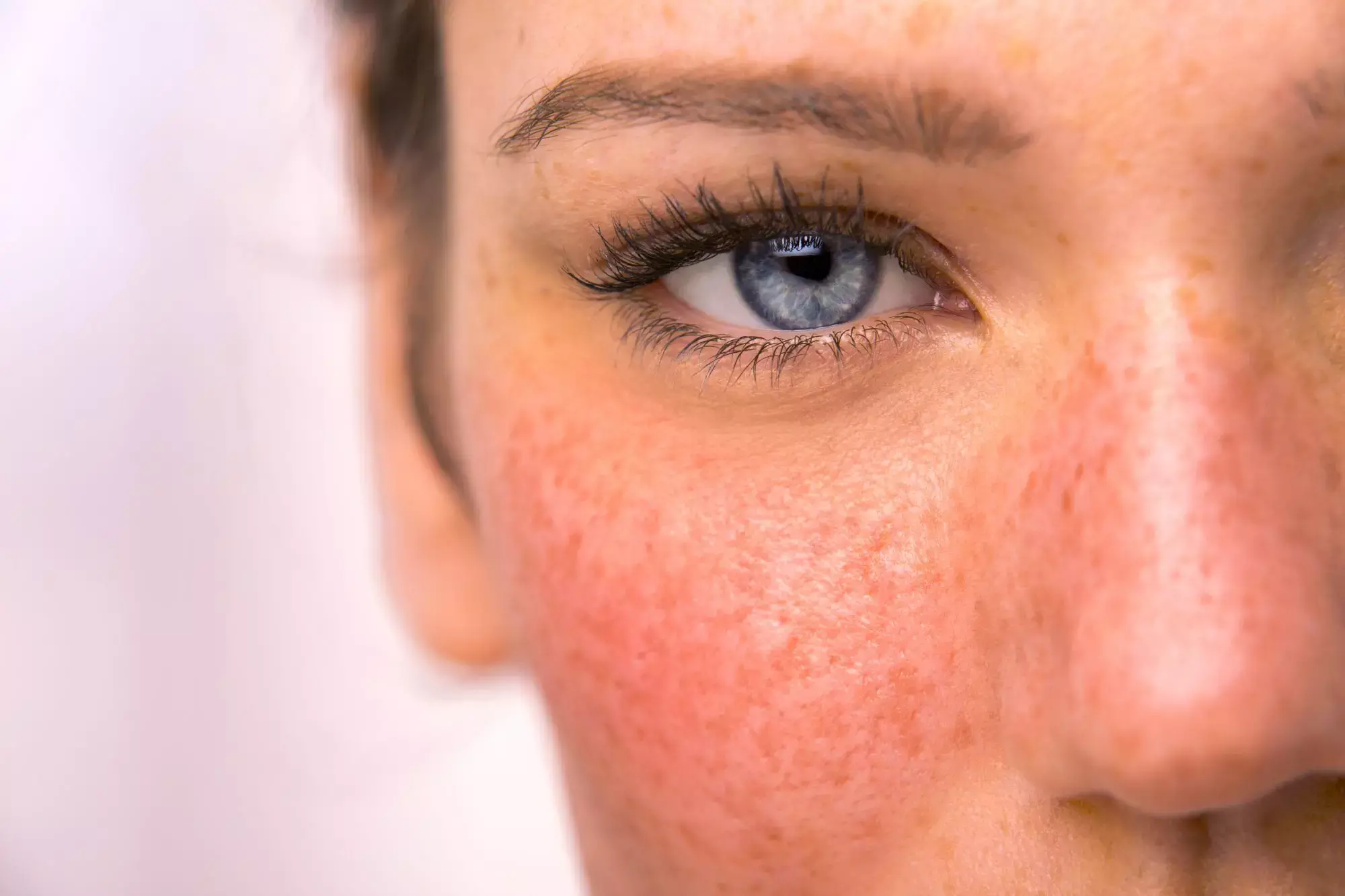- Home
- Medical news & Guidelines
- Anesthesiology
- Cardiology and CTVS
- Critical Care
- Dentistry
- Dermatology
- Diabetes and Endocrinology
- ENT
- Gastroenterology
- Medicine
- Nephrology
- Neurology
- Obstretics-Gynaecology
- Oncology
- Ophthalmology
- Orthopaedics
- Pediatrics-Neonatology
- Psychiatry
- Pulmonology
- Radiology
- Surgery
- Urology
- Laboratory Medicine
- Diet
- Nursing
- Paramedical
- Physiotherapy
- Health news
- Fact Check
- Bone Health Fact Check
- Brain Health Fact Check
- Cancer Related Fact Check
- Child Care Fact Check
- Dental and oral health fact check
- Diabetes and metabolic health fact check
- Diet and Nutrition Fact Check
- Eye and ENT Care Fact Check
- Fitness fact check
- Gut health fact check
- Heart health fact check
- Kidney health fact check
- Medical education fact check
- Men's health fact check
- Respiratory fact check
- Skin and hair care fact check
- Vaccine and Immunization fact check
- Women's health fact check
- AYUSH
- State News
- Andaman and Nicobar Islands
- Andhra Pradesh
- Arunachal Pradesh
- Assam
- Bihar
- Chandigarh
- Chattisgarh
- Dadra and Nagar Haveli
- Daman and Diu
- Delhi
- Goa
- Gujarat
- Haryana
- Himachal Pradesh
- Jammu & Kashmir
- Jharkhand
- Karnataka
- Kerala
- Ladakh
- Lakshadweep
- Madhya Pradesh
- Maharashtra
- Manipur
- Meghalaya
- Mizoram
- Nagaland
- Odisha
- Puducherry
- Punjab
- Rajasthan
- Sikkim
- Tamil Nadu
- Telangana
- Tripura
- Uttar Pradesh
- Uttrakhand
- West Bengal
- Medical Education
- Industry
People with rosacea at higher risk of upper gastrointestinal disorders, study finds

Israel: In a study published in the Journal of the European Academy of Dermatology and Venereology, researchers found that patients with rosacea have a greater frequency of upper gastrointestinal (GI) diseases than healthy people. Yi JZ and the team conducted this study in order to see the relationship between the occurrence of rosacea and upper gastrointestinal disorders.
Patients diagnosed with rosacea from the Beth Israel Deaconess Medical Center Clinical Data Repository between December 2010 and December 2020 were included in the case-control research. During the same time period, each patient was matched 1:4 with randomly selected control subjects in terms of sex, age, and race/ethnicity. Esophagitis, Barrett esophagus, gastroesophageal reflux disease (GERD), small intestine bacterial overgrowth (SIBO), Helicobacter pylori infection, gastritis, IBS, nondiabetic gastroparesis, and diverticulitis were among the outcomes.
The chi-squared test was performed to evaluate the prevalence of GI diagnoses in healthy people and rosacea patients, and multivariate logistic regression analysis was used to compute the odds ratio and 95 percent confidence interval after adjusting for possible variables.
The results of this study stated as follow:
1. There were 3485 people in the rosacea group (mean age 59.6 years; 68.4% women; 85.2% White).
2. There were 13,940 people in the control group (mean age 59.4 years; 68.4% women; 85.2% White).
3. In comparison to the control group, patients with rosacea had a greater prevalence of GERD, gastritis, esophagitis, SIBO, Barrett esophagus, nondiabetic gastroparesis, Crohn disease, IBS, and diverticulitis.
4. Barrett esophagus (aOR, 1.69), IBS (aOR, 1.62), nondiabetic gastroparesis (aOR, 1.49), esophagitis (aOR, 1.30), SIBO (aOR, 1.29; 95% CI, 1. (aOR, 1.16).
5. Even after controlling for additional confounders such as other GI diseases and doxycycline exposure, which can cause IBS-like symptoms, the researchers discovered a substantial link between rosacea and IBS.
In conclusion, future research is needed to confirm the relationships shown here and to create innovative techniques to manage rosacea patients' skin condition as well as their GI comorbidities, given the rising evidence of the gut-skin axis in the etiology of rosacea.
Reference:
Yi JZ, Lukac D, Pagani K, Li S, McGee JS. Rosacea and upper gastrointestinal disorders: a case-control study from a large, urban academic centre. J Eur Acad Dermatol Venereol. Published online October 17, 2021. doi:10.1111/jdv.17758
Medical Dialogues consists of a team of passionate medical/scientific writers, led by doctors and healthcare researchers. Our team efforts to bring you updated and timely news about the important happenings of the medical and healthcare sector. Our editorial team can be reached at editorial@medicaldialogues.in.
Dr Kamal Kant Kohli-MBBS, DTCD- a chest specialist with more than 30 years of practice and a flair for writing clinical articles, Dr Kamal Kant Kohli joined Medical Dialogues as a Chief Editor of Medical News. Besides writing articles, as an editor, he proofreads and verifies all the medical content published on Medical Dialogues including those coming from journals, studies,medical conferences,guidelines etc. Email: drkohli@medicaldialogues.in. Contact no. 011-43720751


